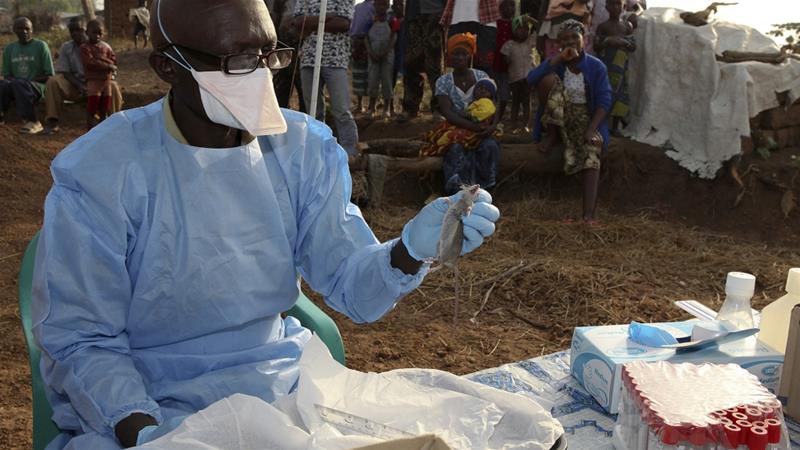Since the beginning of 2020, the world has been incredibly worried about the new Coronavirus that has already killed hundreds of people around the world. However, Nigerians have their own deadly infectious disease to worry about right now. Here is everything you need to know about the Lassa fever outbreak of 2020!
Shop supplements and vitamins for improving your health on Jiji
1. What is Lassa fever?
Lassa fever is a disease caused by viruses. It was first diagnosed in 1969 and got its name from the location where it was first identified, which was the Lassa town in Northern Nigeria. Since then, there have been numerous outbreaks of Lassa fever with different outcomes.
Read more: Lassa Fever: Everything You Need To Know Right Now
Lassa fever belongs to the same family of virus-caused diseases as Ebola and Marburg infections and is endemic to Nigeria. The good news is that Lassa fever is considerably less deadly and there is a decent chance of recovery for patients infected with this disease. However, it’s still a dangerous infection.
The majority of cases of Lassa fever in Nigeria are caused by Mastromy rats and happen during the dry season that takes place from December to April. During the wet season, from May to June, a new population of Mastromy rats, which are not immune to the disease, are born to spread Lassa fever.
2. The 2020 outbreak
Nigerian health professionals began registering cases of Lassa fever in Nigeria at the beginning of January 2020 and the epidemic is still ongoing. The Nigerian National Centre for Disease Control (NCDC) releases regular updates, which allow us to assess the deadliness and size of the epidemic.
Read more: Coronavirus! Symptoms, Causes And Treatment
To date, the number of people infected with Lassa fever has been estimated to be around 600 according to the official sources. However, unofficial estimates tend to place the overall number of infected patients around 2,000, which shows the situation to be more serious than everyone thought.
The death toll of Lassa fever by the beginning of this week is over 100 people. The difficulty of diagnosing and treating Lassa fever is that in about 80% of cases, the disease does not display any symptoms. In other cases, patients experience headache, fever, abdominal pain, muscle ache, mouth ulcers, sore throat, and haemorrhaging under the skin. In the most severe cases of Lassa fever, kidney and heart failures are also potential outcomes.
3. The prevention
Originally, people are infected with Lassa fever by contacting household items contaminated with the urine or faeces of rodents infected with the disease. After that, infected people can transmit their disease through bodily fluids released in close proximity to healthy individuals.
Read more: Salt And 4 Other Natural Ways To Get Rid Of Rats In Your House
The only effective treatment for Lassa fever is a drug called ribavirin, but it is only effective when Lassa fever is diagnosed in its early stages and correctly identified by the laboratory. Right now, there are only 5 laboratories in Nigeria capable of diagnosing Lassa fever, which means it’s best to follow some precautionary measures to avoid being infected instead of looking for treatment once you have Lassa fever.
There are two primary ways for Lassa fever to be transmitted, through rodents and through infected patients, which is why there are two groups of precautionary measures to follow:
- Protecting your household from rats is the most important part. Placing traps around the house may not be particularly effective, as rats may still be able to enter your home. The key here is to never make any food accessible to them. Keep all food in rat-proof containers, fridge, and other areas where rats cannot reach, and the rodents will then be discouraged from entering your home.
- If someone in your family is infected with Lassa fever and you are their caretaker, the infected person must be isolated from healthy individuals. The caretaker must wear protective clothes and masks. Medical equipment must be sterilized and household objects must be disinfected. When you’re out in public, stay away from the people who have obvious signs of any infectious disease. Wash your hands with soap every time you come home or finish doing a household task outside.

Buy and sell with confidence from your phone using the Jiji app






